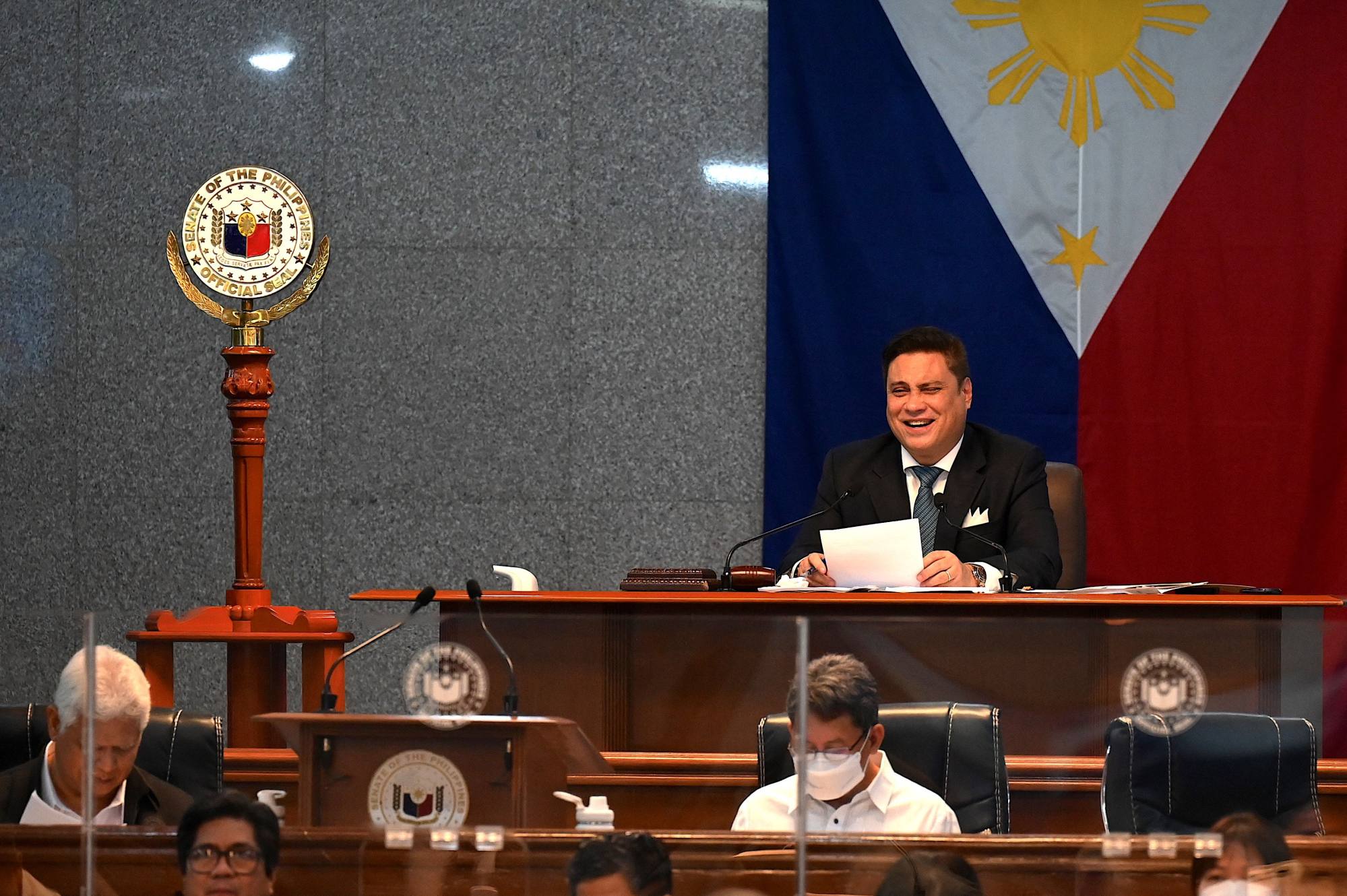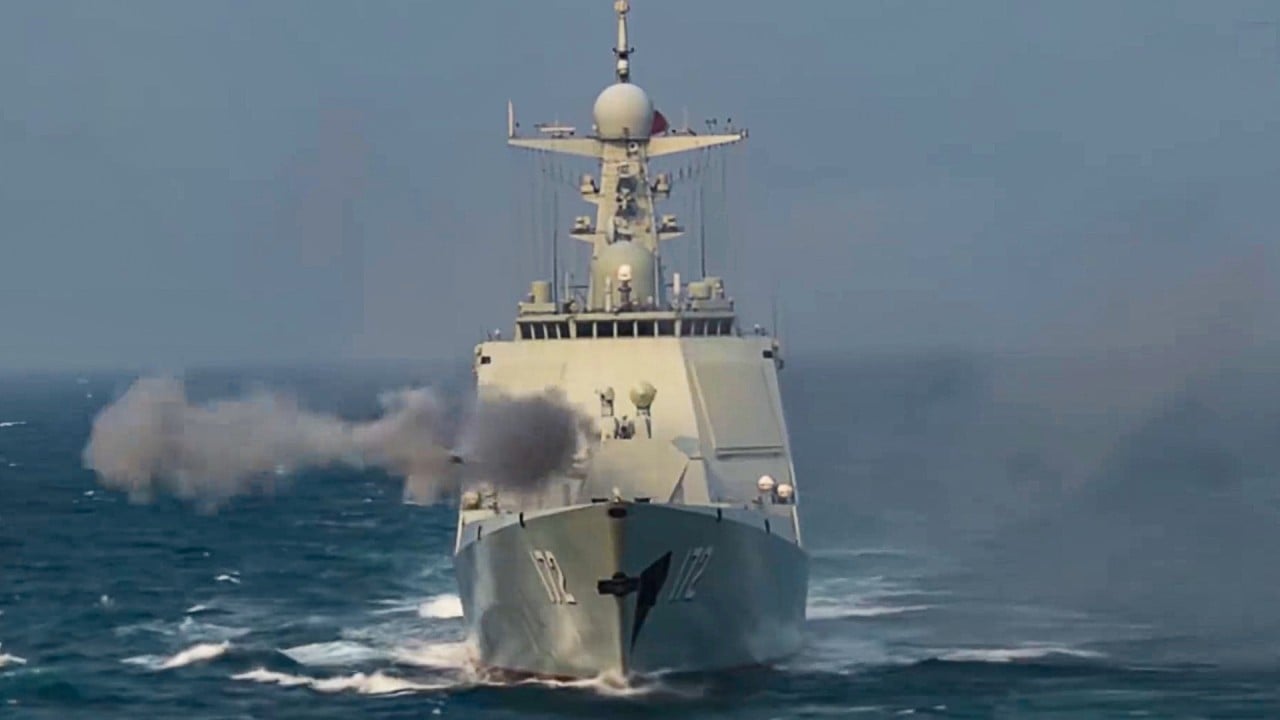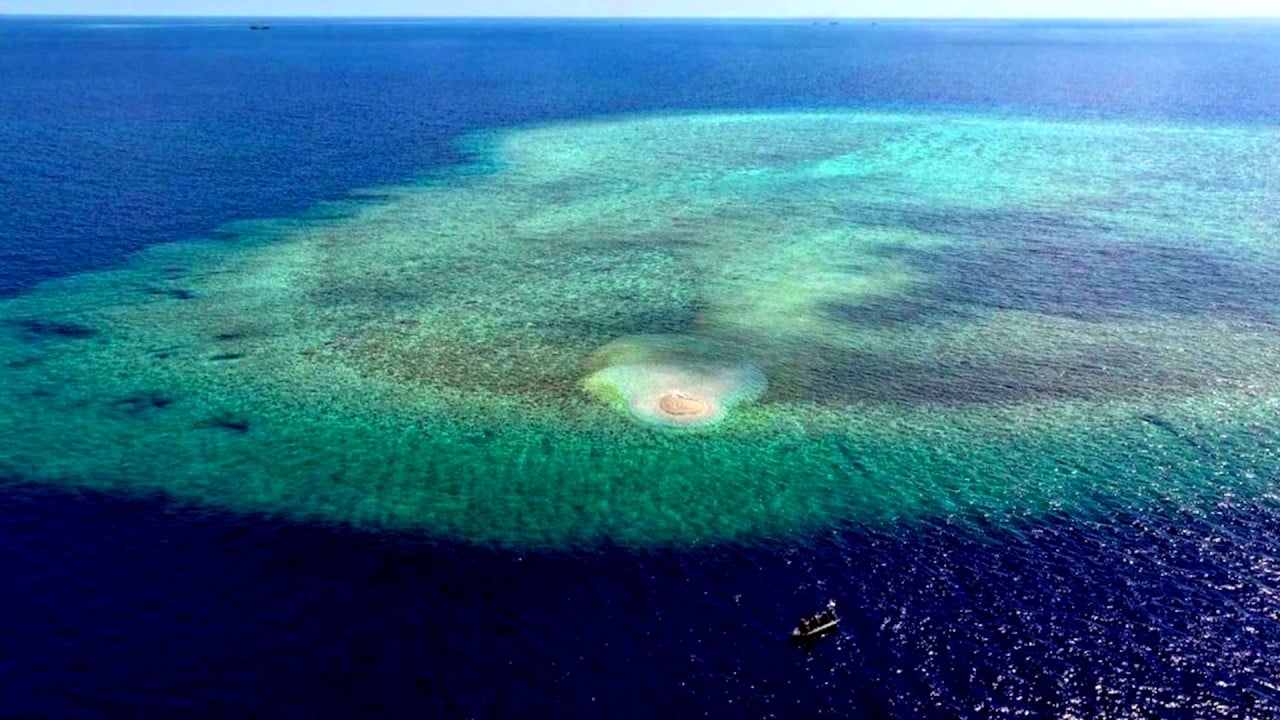“The Philippines can bring the validity of the arrest and detention, of both fishermen and fishing vessel, before an Unclos tribunal, which can order their release,” Carpio told This Week in Asia.
Unclos refers to the 1982 United Nations Convention on the Law of the Sea, which established Itlos, an independent judicial body. According its website, the 21-member tribunal is tasked with deciding maritime disputes concerning the interpretation or application of the convention, including “the delimitation of maritime zones”.
Carpio said China had no legal basis to arrest and detain Filipinos because “under Unclos, there is freedom of navigation and overflight in all high seas and EEZs of the world”.
“China’s new coastguard regulation violates this fundamental Unclos principle, which is also a customary international law that binds all states, even non-members of Unclos,” he added.
“Assuming China participates, it can nominate one of the five [arbitral judges] as its representative. We nominate one also. The other three will be chosen by the Itlos president with the consent of China and the Philippines. If China does not participate, the Itlos president will nominate for China its representative. Just like our first arbitration,” Carpio said.
Philippine Senate President Juan Miguel Zubiri presented a similar view in a radio interview on Friday “This is a clear violation of the law of the seas, particularly on the freedom of navigation,” he said.

Should arrests take place, he said the matter could be brought before the UN, suggesting it “could even trigger the Mutual Defence Treaty with the US”.
In a press release issued on Sunday, Senate opposition leader Risa Hontiveros said: “Should Beijing dare push through with this illegitimate regulation, the Philippines’ hand may be forced to sue them again in The Hague Tribunal.”
“In the meantime, as advised by former Supreme Court Senior Associate Justice Antonio Carpio, the Philippine government must now urge allies such as the US, Japan, Australia, France, and other like-minded nations to oppose this flagrant violation of international law by joining our patrols within our EEZ,” added the senator from the Akbayan party list group.
Senator Francis Tolentino, who chairs the Senate special committee on admiralty zones, said in a radio interview on Sunday that any arrests could be brought before Itlos or the International Court of Justice.
He said a coastal state could punish violators of its fisheries law under Unclos, but detention was not allowed as a penalty.
In a statement issued on Saturday, House Speaker Ferdinand Martin Romualdez said “China’s aggressive pronouncements are a blatant escalation of tensions in the West Philippines Sea”, referring to a region of the South China Sea that Manila considers its maritime territory, including the Kalayaan Island Group and its EEZ.
“China must respect international rulings … rather than imposing its own laws unilaterally and bullying other nations.”
Romualdez said Congress “will not tolerate any arrests of our citizens or fishermen within our own EEZ”, but did not give details on how it would “fiercely defend” the country’s sovereignty.



